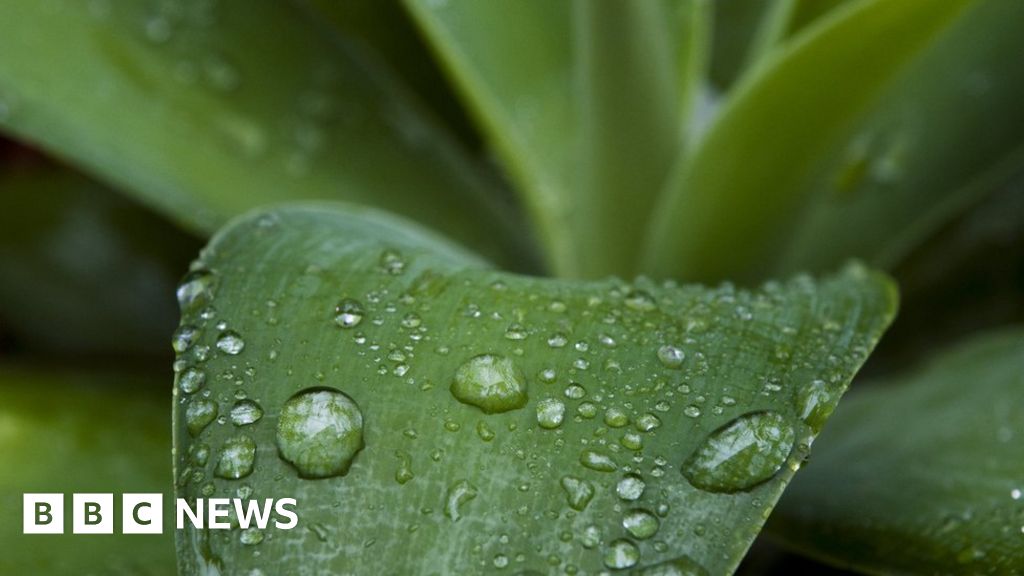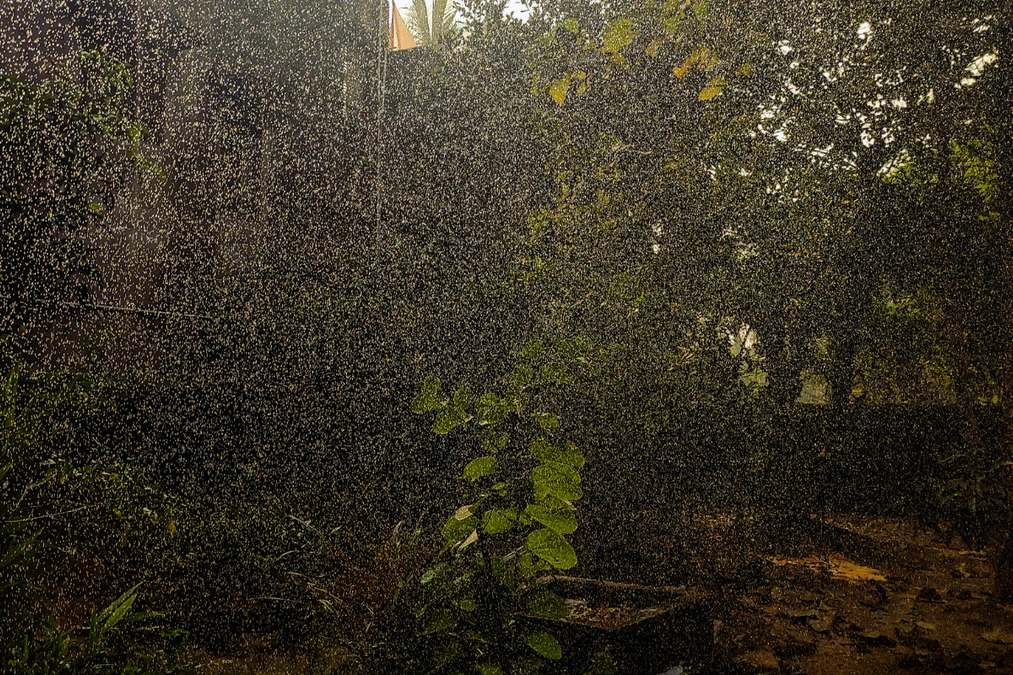Petrichor is the term used to describe the earthy scent produced when rain falls on dry soil. The word was coined in 1964 by Australian scientists Isabel Joy Bear and Richard Grenfell Thomas, derived from the Greek words 'petra,' meaning stone, and 'ichor,' referring to the ethereal fluid that flows in the veins of the gods in mythology[1][2][5].
The aroma of petrichor comes from a combination of chemicals, primarily geosmin, which is produced by soil-dwelling bacteria known as Actinomycetes. When raindrops hit the ground, they disturb these bacteria and release geosmin into the air, contributing to the distinctive scent of rain[3][4][6]. Additionally, volatile oils released by plants during dry conditions also accumulate in the soil and become airborne when it rains, enhancing the smell[3][4].
Interestingly, humans are highly sensitive to geosmin and can detect it at very low concentrations, which is believed to be an evolutionary trait related to survival, as rain historically indicated the presence of fresh water[1][2][4].
Get more accurate answers with Super Pandi, upload files, personalized discovery feed, save searches and contribute to the PandiPedia.
Let's look at alternatives:
- Modify the query.
- Start a new thread.
- Remove sources (if manually added).




